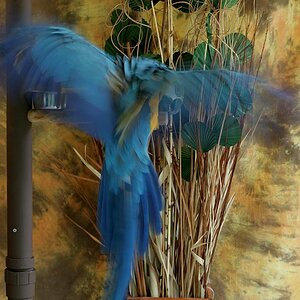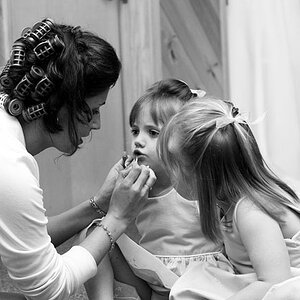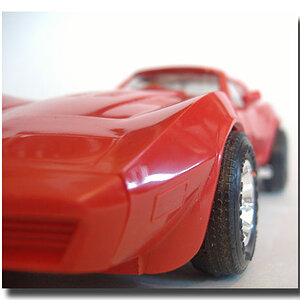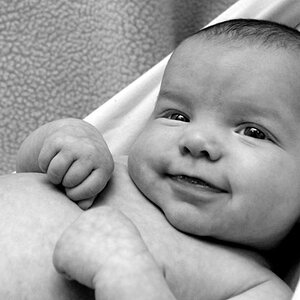Ebon
TPF Noob!
- Joined
- Jun 12, 2016
- Messages
- 3
- Reaction score
- 1
- Can others edit my Photos
- Photos OK to edit
Hey all,
Recently I decided to undertake the mammoth task of singlehandedly cleaning the house top-to-bottom. Upon doing so, I stumbled across a wealth of camera equipment that used to belong to my late step-father, including two Canon EOS 1Ds' ( a Mark 1 and a Mark 3), as well as a myriad of lenses that I haven't a clue are for what style of photography. Having done a little bit of research however, it's clear that this equipment amasses to some serious value and having always wanted to get into photography, I thought it would a vast shame for all this gear to go to waste. So therein lies my problem; the most I've ever done with a camera is the odd memory snapshot on holiday with my trust Canon Powershot point and shoot from donkey's years ago. I've come here looking for advice on a) how to use this stuff (cant find an instruction manual anywhere with the gear) and b) how to start getting into "real" photography using the range of equipment I have at my disposal. See images for a rough idea of some of the stuff I found.


Thanks in advance,
Ben
Recently I decided to undertake the mammoth task of singlehandedly cleaning the house top-to-bottom. Upon doing so, I stumbled across a wealth of camera equipment that used to belong to my late step-father, including two Canon EOS 1Ds' ( a Mark 1 and a Mark 3), as well as a myriad of lenses that I haven't a clue are for what style of photography. Having done a little bit of research however, it's clear that this equipment amasses to some serious value and having always wanted to get into photography, I thought it would a vast shame for all this gear to go to waste. So therein lies my problem; the most I've ever done with a camera is the odd memory snapshot on holiday with my trust Canon Powershot point and shoot from donkey's years ago. I've come here looking for advice on a) how to use this stuff (cant find an instruction manual anywhere with the gear) and b) how to start getting into "real" photography using the range of equipment I have at my disposal. See images for a rough idea of some of the stuff I found.


Thanks in advance,
Ben


![[No title]](/data/xfmg/thumbnail/32/32926-ec27ecead8c80d803404500d8f888dbf.jpg?1619735754)
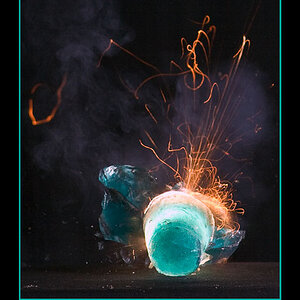

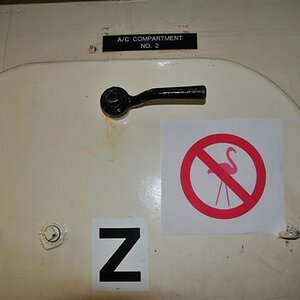
![[No title]](/data/xfmg/thumbnail/32/32953-da4fe78e854d5dbe210d58591ccf42d4.jpg?1619735787)

